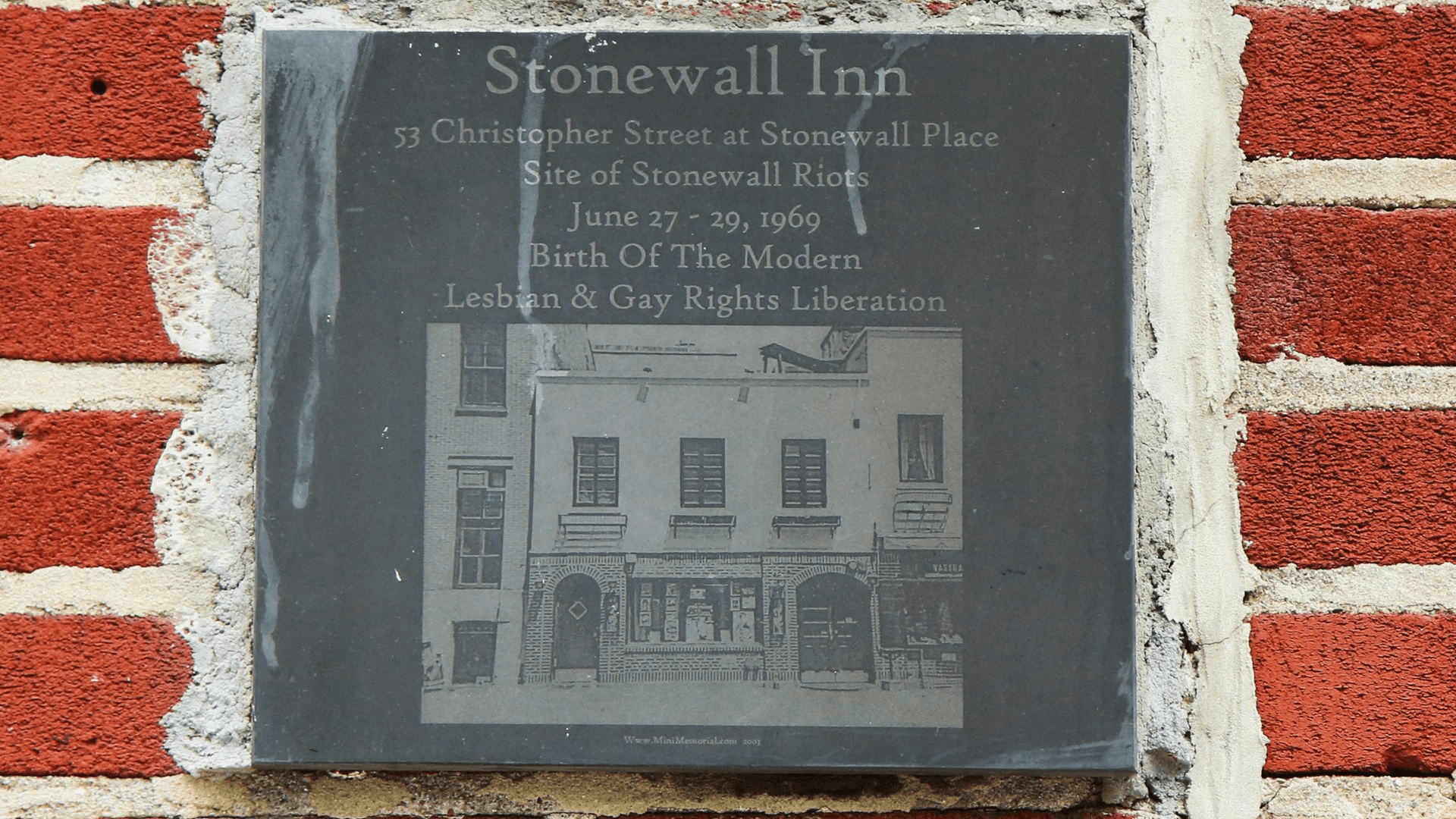Everything You Think You Know About Stonewall…Is Probably False
June 15, 2022 by Justin Lehmiller
It’s June, and that means it’s LGBTQ+ Pride Month. At this time of year, we often hear a lot about Stonewall and the night of June 27, 1969. The stories we hear tend to have a lot of common elements, including:
- The idea that Stonewall began the national LGBTQ+ rights movement.
- That the Stonewall Inn was a “beloved” gay bar.
- That a “riot” took place and that a transwoman of color threw the first brick.
Sound familiar? It should.
However, there’s just one problem with this version of the story: it’s not clear that any of it is actually true!
These myths about Stonewall have been repeatedly and thoroughly debunked by left-wing media time and again. One of the most comprehensive rebuttals was provided by The New York Times, which put out a handy video on the subject (which you can watch at the end of this post).
Some of the key things to know about Stonewall based on historical records and interviews with people who were actually there are:
- The modern LGBTQ+ rights movement didn’t begin with Stonewall. Stonewall wasn’t even the first gay bar raided by police that sparked large protests and demonstrations (these were already happening elsewhere around the country for several years prior to Stonewall). What was unique about Stonewall was the way it was commemorated.
- The Stonewall Inn was far from a “beloved” gay bar. In fact, at the time of the uprising, it was owned and operated by the mafia and, according to reports, was known for serving watered-down, overpriced drinks in dirty glasses. The mafia also reportedly blackmailed patrons—taking their money in exchange for not outing them.
- Was Stonewall a riot, an uprising, or a rebellion? Historians can’t agree. But people who were actually there report that there was a Rockettes-style kickline with people singing (which is not often part of the story!).
- The first brick thrown is often attributed to Marsha P. Johnson (who identified as a transvestite and drag queen) and/or Sylvia Rivera (who identified as a drag queen). However, both of them denied being the first in later interviews.
- Objects were thrown, but it’s not clear that they were bricks. There might have been stones or shot glasses thrown, though.
In short, the most commonly told versions of the Stonewall story just don’t seem to be historically accurate. None of this is to say that Stonewall wasn’t an important event in the history of the LGBTQ+ rights movement—it certainly was! And the folks who are often credited as being part of the uprising (e.g., Johnson and Rivera) are most certainly important figures worthy of celebration for their many years of activism, regardless of what did or did not happen at Stonewall.
That said, it’s important for us to recognize the history of Stonewall for many reasons. For one thing, those of us who are interested in social change and progress need to understand the history of social change—and how it actually happens.
We have a tendency to point to singular events and singular people as the spark for various social movements—but as a social psychologist who has extensively studied the history of social change, what I can tell you is that while simple stories can be very compelling (and personally meaningful), they’re usually inaccurate. There’s so much collective action that has to happen in order for movements to be successful; otherwise, they tend to fall apart. If we want to continue building on progress, we need to understand how we got to where we are today.
Doing our best to understand history accurately (and expecting others to do the same) is also just vitally important. Retelling versions of history that—despite being inaccurate—might make us feel good, is dangerous. When everyone has free license to rewrite history in their own way, we can’t learn from the past anymore. And when people in power get the chance to rewrite history in a way that suits them, it disenfranchises everyone else—but especially those who are marginalized to begin with, because they’re usually the first to be erased.
For a deeper dive into the history of Stonewall, check out the NYT video below:
Watch more videos on the science of sex here.
Want to learn more about Sex and Psychology? Click here for previous articles or follow the blog on Facebook (facebook.com/psychologyofsex), Twitter (@JustinLehmiller), or Reddit (reddit.com/r/psychologyofsex) to receive updates.
Image Source: zhukovsky/123RF.com

Dr. Justin Lehmiller
Founder & Owner of Sex and PsychologyDr. Justin Lehmiller is a social psychologist and Research Fellow at The Kinsey Institute. He runs the Sex and Psychology blog and podcast and is author of the popular book Tell Me What You Want. Dr. Lehmiller is an award-winning educator, and a prolific researcher who has published more than 50 academic works.
Read full bio >


